At the Upper Grand District School Board (UGDBS), Speech-Language Pathologists work closely with kindergarten teachers and early childhood educators to support the development of oral language, social skills and early literacy for all students.
When students in the early years struggle, the team works together to gather more information and tailor programming to build students’ ability to speak, listen, read and write.Your child will enter kindergarten with skills and experiences that may be different from their classmates. Despite any differences between children, all children will continue to grow and develop during the kindergarten years. Full Day Kindergarten within UGDSB is designed to support skill development, including communication skills, through inquiry and play-based learning.
Accessing Services
If your child has participated in Preschool Speech and Language Services (PSL) through KidsAbility (Guelph/Wellington) or ErinoakKids (Dufferin) you can expect:
- a discharge report from the PSL will be shared with UGDSB. The classroom teacher may want to discuss how recommendations provided in the report can be implemented in the classroom. With your consent, the teacher will reach out to the school speech language pathologist to discuss how to support your child at school.
- a transition to school meeting will be organized prior to school entry for students with more complex communication needs. The school speech language pathologist will attend this meeting.
If your child did not receive preschool speech and language services, but the classroom teacher has concerns, they will reach out to you for consent to speak to the school speech language pathologist.
Service Delivery
The school speech language pathologist and communicative disorders assistant provide a range of services during the kindergarten years. Services are determined according to the type and severity of a child’s communication disorder and their response to whole class instruction. Support for communication needs may include:
-assessment of communications needs: language, speech, voice, literacy, stuttering, social communication, play skills, augmentative and alternative communication.
-in-class support or small group intervention outside of the classroom
-consultation to support academic programming for students with communication needs
-professional development for educators to promote strategies that are good for all students and necessary for those students with communication differences
-evaluate eligibility for speech therapy provided by School Based Rehabilitation Services

